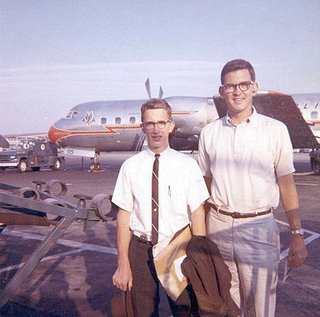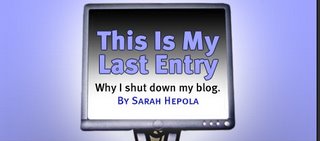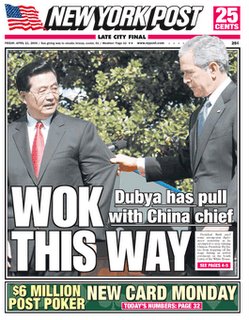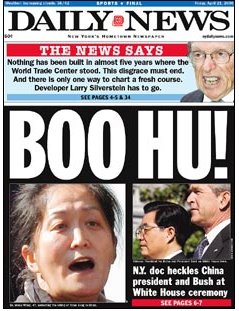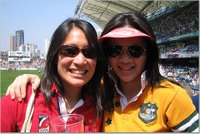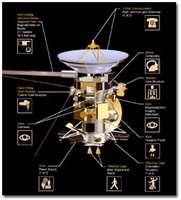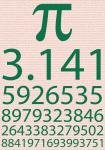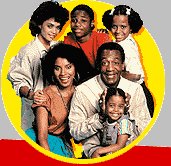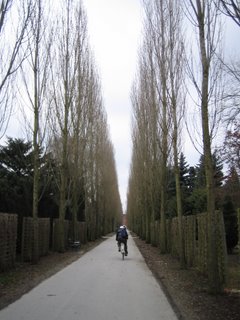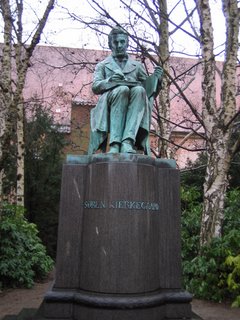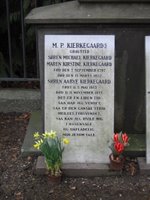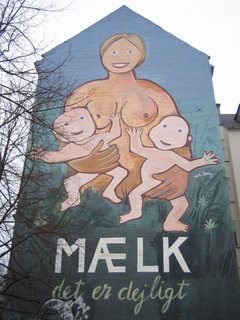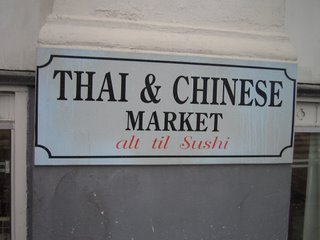world voices
 I apologize, dear readers, for the two-day hiatus. I should have at least thanked you all sooner for your many, many suggestions as to how I could get down to North Carolina without spending my life savings, but alas, after searching high and low and finding out about airlines I didn't even know existed until this week...I have chosen to stay in New York for the weekend.
I apologize, dear readers, for the two-day hiatus. I should have at least thanked you all sooner for your many, many suggestions as to how I could get down to North Carolina without spending my life savings, but alas, after searching high and low and finding out about airlines I didn't even know existed until this week...I have chosen to stay in New York for the weekend.Part of the reason I've made this decision is that I have tickets to two of the closing events of the PEN World Voices International Literary Festival -- featuring Salman Rushdie, Kurt Andersen, Zadie Smith (I just love that burly British accent of hers), and the economist Amartya Sen -- and thought it would be a shame to miss them.
 It is a wonderful feeling to be in the same room as some of the most thoughtful people in the world, and people who are sharing ideas, bantering, and oftentimes in a language that is not their own. I loved the literary festival in Hong Kong, but to be in New York and share air with Salman Rushdie and his posh British twang, I just can't explain it.
It is a wonderful feeling to be in the same room as some of the most thoughtful people in the world, and people who are sharing ideas, bantering, and oftentimes in a language that is not their own. I loved the literary festival in Hong Kong, but to be in New York and share air with Salman Rushdie and his posh British twang, I just can't explain it.I've already been to two events as part of this festival: a conversational interview with Orhan Pamuk and Margaret Atwood, as well as a collaboration the next day by many famous authors, on the fest's theme, "Faith and Reason." Among the speakers included: Chinua Achebe (*Things Fall Apart*), Zadie Smith (*White Teeth*), Toni Morrison (*Beloved*), Salman Rushdie (*The Satanic Verses*), Martin Amis (*Time's Arrow*), E.L. Doctorow and others. Some of the authors read from their own works on the clash of faith and reason, and other's prepared speeches.
Doctorow read from his fantastic essay, "Why We Are Infidels", which was reprinted in The Nation several years ago, and ventures to explain why the mere existence of religious choice in America has condemned its citizens to a spiritual abyss, where we are, indeed, infidels. I excerpted the first few sentences here, but click here for the full essay:
"We have lately been called infidels. Yet we are perhaps the most prayerful nation in the world. Both Tocqueville and Dickens when they came over here to have a look at us were astonished at how much God there was in American society. True, the infidel is not necessarily a nonbeliever; he may also be a believer of the wrong stripe. But I think, given the variety of religious practices in our country, including that of Islam, that the term infidel as it has lately been applied to us probably does not refer to any particular religion we may as a nation subscribe to but to the fact that we subscribe, within our population of 290 million, to all of them..."
Doctorow briefly addresses cults, secularity and fundamentalism, and all in just 355 words. "Not just on other shores are we considered a nation of infidels," he concludes. And it's true. When we think about the conflict between Islam and "the West", we should also consider the war we have right here at home, between those of us who believe there should be only one spiritual path and those of us who cherish our freedom of choice, and choose nothing.

